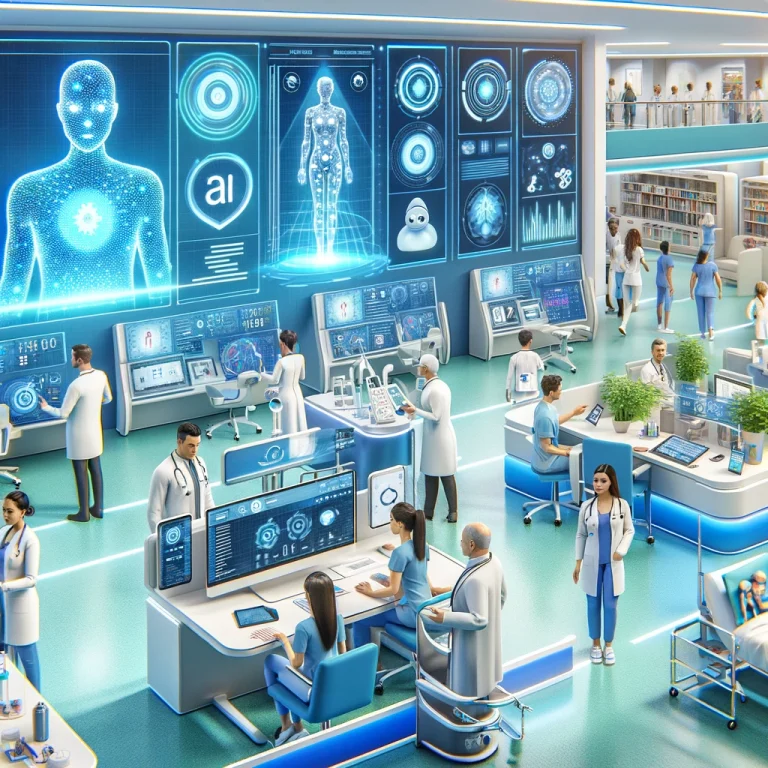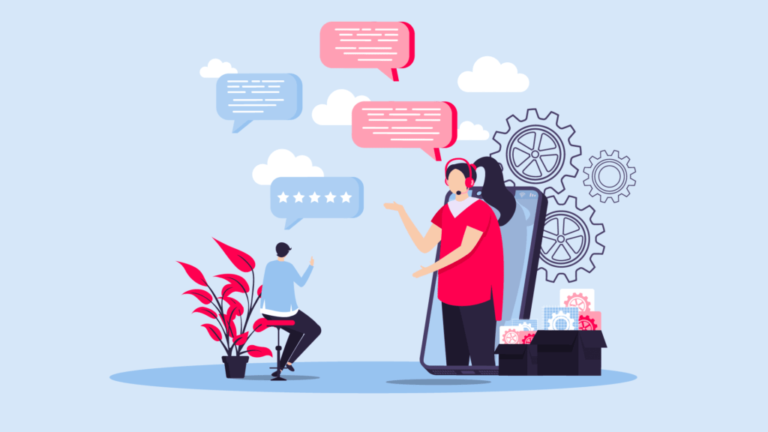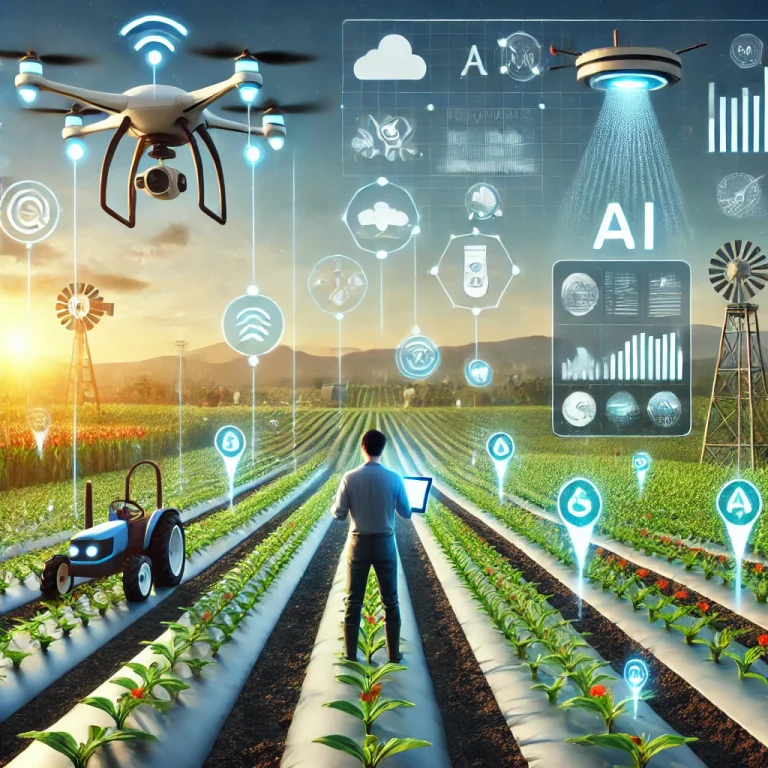How AI Can Improve Patient Experiences in the Healthcare Sector

In the rapidly advancing field of healthcare, the integration of AI offers groundbreaking enhancements to patient care and operational efficiency. AI technologies are transforming patient experiences by providing more personalized, efficient, and predictive healthcare services.
Enhancing Patient Interaction
AI-driven chatbots and virtual assistants are revolutionizing patient interaction. These systems provide instant responses to queries, assist in scheduling appointments, and offer reminders for medication or follow-up visits. Patients can access healthcare information anytime, reducing wait times and improving overall satisfaction. For instance, a virtual assistant can guide a patient through pre-operative instructions, ensuring they are well-prepared and reducing pre-surgery anxiety.
Advancements in Diagnostics and Treatment
AI algorithms are increasingly being used to analyze complex medical data, enhancing diagnostic accuracy and treatment plans. Machine learning models can process vast amounts of data from medical records, imaging studies, and genetic profiles to identify patterns that may elude human clinicians. This results in earlier diagnosis of conditions such as cancer, leading to more effective and timely treatments. AI can also predict patient outcomes and suggest personalized treatment plans based on individual health data, improving the quality of care.
Personalized Patient Care
AI enables highly personalized patient care by leveraging data from various sources, including electronic health records (EHRs), wearable devices, and patient-reported outcomes. Personalized care plans can be developed to address the unique needs of each patient. For example, AI can analyze a patient’s lifestyle, genetic makeup, and environmental factors to recommend personalized wellness plans, dietary adjustments, and exercise regimens. This personalized approach not only enhances patient engagement but also improves health outcomes.
Streamlining Administrative Tasks
The administrative burden on healthcare providers is significantly reduced through AI-powered automation. Routine tasks such as billing, coding, and documentation can be automated, allowing healthcare professionals to focus more on patient care. AI-driven systems can manage patient flow, optimize scheduling, and ensure that resources are used efficiently. This reduces administrative errors, enhances operational efficiency, and improves the overall patient experience.
Continuous Monitoring and Support
Wearable devices equipped with AI technology offer continuous monitoring of patients’ vital signs and health metrics. These devices can detect anomalies in real time and alert healthcare providers or caregivers, enabling prompt intervention. For patients with chronic conditions, continuous monitoring can provide peace of mind and ensure timely management of their health. AI-driven systems can also offer support through virtual health coaches, providing personalized advice and encouragement to help patients manage their conditions effectively.
Future Prospects
The future of AI in healthcare looks promising, with ongoing advancements in natural language processing, predictive analytics, and machine learning. As these technologies evolve, AI is expected to become even more integrated into patient care, offering more proactive and preventive health solutions. AI will likely play a crucial role in population health management, helping to identify public health trends and develop strategies to address them.
Integration Capabilities with Platforms like Certainly
For healthcare providers looking to implement AI solutions, platforms like Certainly offer robust integration capabilities. Certainly provides tools that allow healthcare chatbots to be seamlessly integrated with existing systems, enhancing their functionality and ensuring they deliver personalized and contextually relevant experiences. For more details on integrating AI in healthcare using Certainly’s platform, visit Certainly’s integration and channels page.
Conclusion
The integration of AI in healthcare is not just an innovation but a necessity for improving patient experiences and outcomes. As AI technology continues to advance, it promises to revolutionize healthcare, making it more personalized, efficient, and responsive. This transformative potential underscores the importance of adopting AI-driven solutions to meet the evolving needs of patients and healthcare providers alike.

